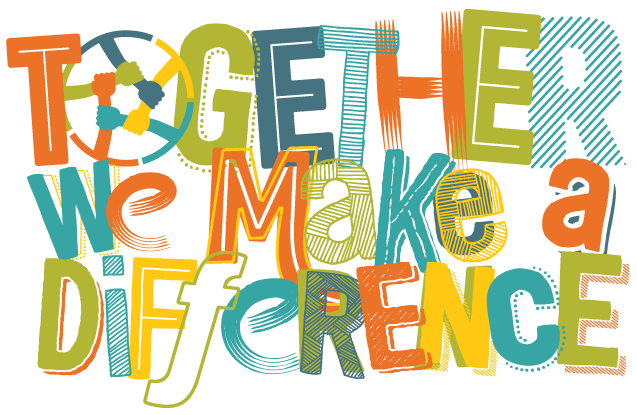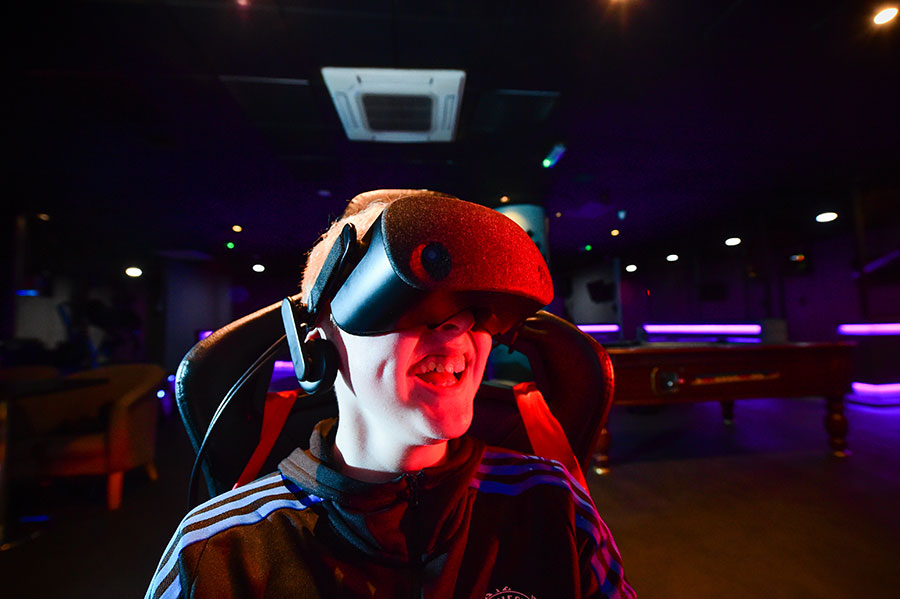We believe that every young person has a bright spark inside – but the challenges and difficulties they face dim their light.
To build confidence and self-esteem in our young people, we need to truly listen to and hear them.
With the right support and guidance, young people can learn how to manage strong emotions in healthy ways that work for them.
TWMAD helps young people to find their spark again – lighting the way for a happier, more successful future.

Building up self-belief and confidence
“Can’t you resolve a conflict without fighting? Why can’t you just walk away?”
Feeling powerless is the catalyst for bullying behaviour – students who overpower, intimidate and frighten their peers don’t know how else to gain respect. Fighting or engaging in criminal activity may give them a sense of control, but it’s detrimental to them in the long term.
Mentors help young people to contemplate the consequences of violence, teaching them how to find empowerment through healthy activities, compassionate conversation, and positive influence.
Young people who feel confident and empowered build healthier relationships, make better decisions, and are more resilient to life’s inevitable challenges.

Strengthening emotional wellbeing
“Get a grip – you’re too emotional, angry or depressed all the time!”
Learning how to cope with emotions can be a difficult skill for most adults to develop.
For young people who have never been shown how, it can be impossible to figure out how they’re feeling, express themselves in healthy ways, and resolve conflict.
Our programmes guide them through:
- Working with their peers in group sessions to hear how negative emotions affect others;
- Identifying ways that they can work with their anger in productive ways;
- Develop coping strategies that work for their distinct personalities.

Regenerating motivation
“You never do your homework or do anything around the house – why are you so lazy?”
Young people won’t be motivated to do school work or contribute at home if they are talked down to or shouted at.
Many young people simply struggle to understand what is being asked of them – expectations at school are already high, classrooms are noisy and full of distraction, and by the time they get home they have no capacity to do anything else.
TWMAD offers a space for young people to figure out what motivates them. It could look like:
- playing a sport or doing an activity they love before they sit down to a difficult homework task;
- time to switch off between after school if they need space before they can move on;
- identifying what assignments interest them, and how to channel interests into a “boring” subject;
- guiding them to determine what they can contribute at home – like helping to plan and prepare meals if they love to cook.

Developing communication skills
“Just TALK to us – why do you walk away/slam doors/leave the house when we tell you to do something?!”
Young people are told what to do all day long – often without being given a reason behind the command.
Many adults shut down when they are given an order, and they certainly don’t respond well to raised voices. If young people don’t feel heard, they certainly won’t be keen to communicate!
There are no raised voices in TWMAD. Mentors encourage our young people to talk to us by:
- finding common interests;
- being patient – we know that trust takes time;
- letting the young person steer the conversation;
- listening and validating instead of suggesting “solutions”;
- engaging them in fun activities that they genuinely enjoy.

Exploring career aspirations
“You can be anything you want – as long as you work hard, put in all the effort, get good grades, hang around the right people and concentrate!”
“Poverty of aspiration” puts all of the responsibility on the young person. If they lack role models, family or community support, they can’t see a way “up” and are left believing that ambition is down to them alone – that’s a lot of pressure.
This can lead to young people redefining success through engaging crime, joining a gang or being groomed at a young age – the promise of gifts, belonging and love is seen as an ambition to strive for.
Through mentoring, we guide our young people to:
- explore career pathways based on their interests and strengths;
- complete a themed psychometric assessment that gives them insight into their character and personality – helping to explain why they do what they do;
- discover what they are good at, and how they can use their strengths to find meaningful work and relationships;
- to use their support networks and role models for examples of success.
Supporting young people to change their own destiny
Life is hard and not every young person has had a stable start in life. Many of the children and young people we support have never been shown how they can change their own lives; aspiring to something more than a cycle of crime, violence and harm.
Our young people need space to figure out who they are, shed their past behaviours, and enjoy feeling like they truly belong. We offer:
- experienced mentors to support and uplift them when they reach their goals;
- guidance from people with emotional intelligence to show them what’s possible;
- Safe spaces that allow young people to express themselves and determine what behaviours are no longer serving them.
Our team of compassionate mentors will be dedicated to each young person as an individual – without judgment or directives.


